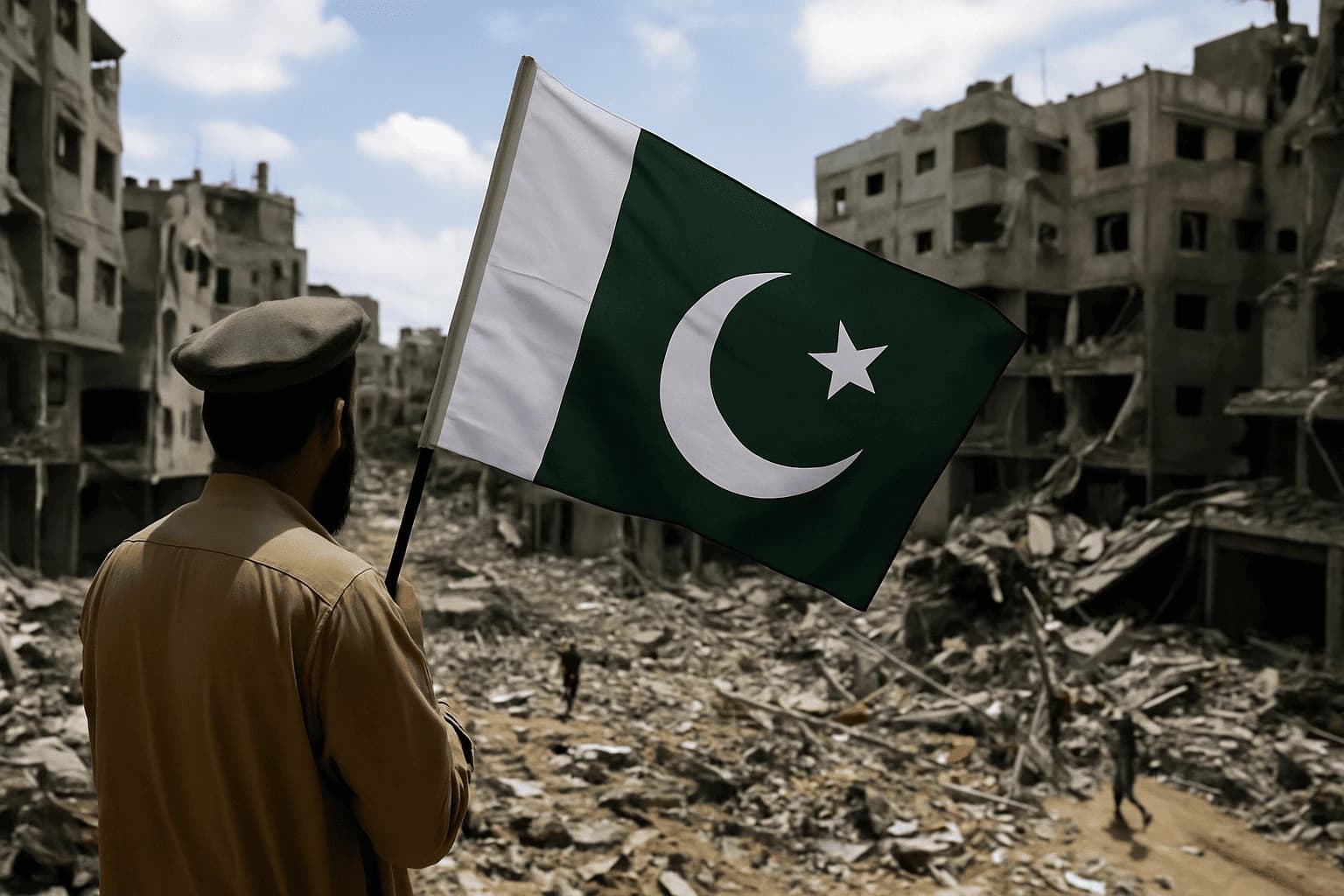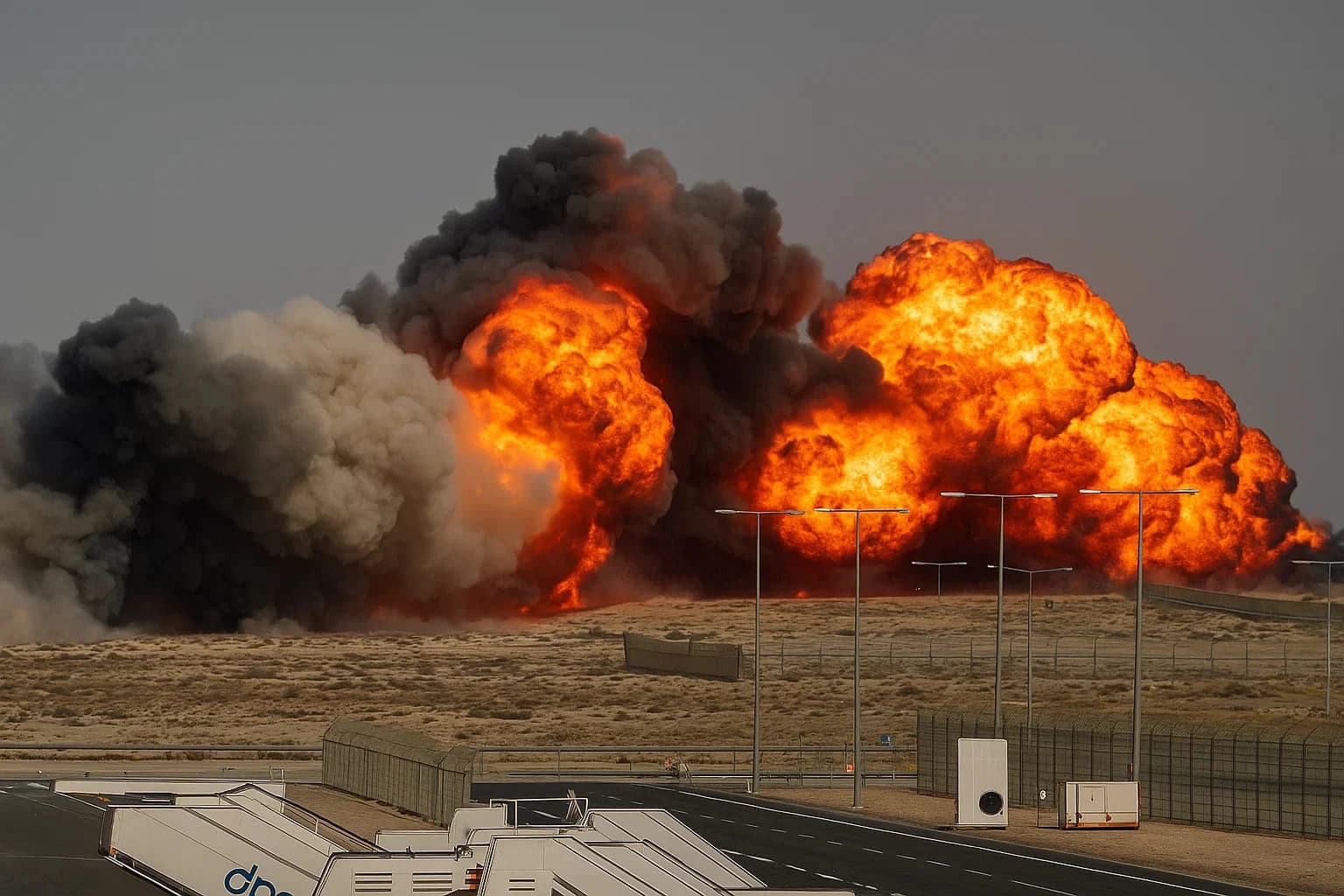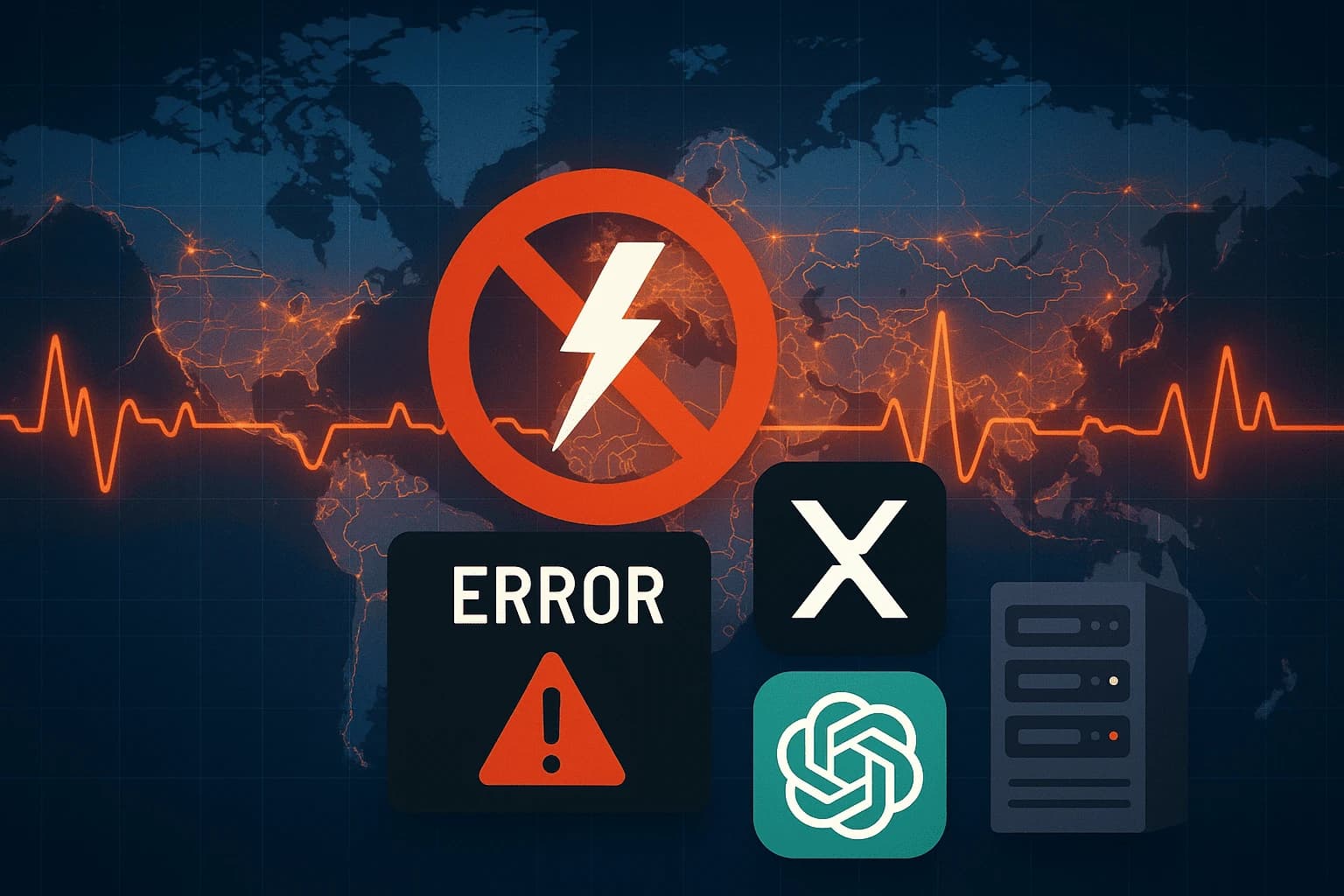© 2025 Roz UpdatesbyTETRA SEVEN

* All product/brand names, logos, and trademarks are property of their respective owners.
With Gaza turning into a graveyard of humanity, Pakistan is ringing global alarm bells—demanding immediate international intervention before it's too late.
In the face of an escalating humanitarian catastrophe in Gaza, Pakistan has emerged as one of the most vocal advocates for global action. With heartbreaking scenes of destroyed homes, overwhelmed hospitals, and thousands of innocent lives lost—many of them women and children—Pakistan is urging the world not to look away.
From the halls of the United Nations to joint press briefings with regional allies, Islamabad has made one message clear: a permanent, unconditional ceasefire in Gaza is not just necessary—it’s overdue. Pakistan’s call is not just political; it’s deeply rooted in humanitarian concern and international law. Government leaders, including Deputy Prime Minister Ishaq Dar, have described the situation in Gaza as a "collapse of humanity" and a “graveyard for international law.” These are not just powerful words—they reflect the dire urgency of the crisis.
In recent months, Pakistan has backed and even co-drafted critical resolutions at the UN General Assembly and Security Council, demanding immediate action. It has called for unimpeded humanitarian aid access, protection for civilians, and accountability for what it calls war crimes committed in Gaza.
But Pakistan’s stance isn’t limited to diplomacy. Across the country, people have taken to the streets in solidarity with Palestinians. From sit-ins in Islamabad’s D-Chowk to charity campaigns in Lahore and Karachi, the nation is showing its resolve not only through policy but also through people-powered compassion.
In this blog, we explore how Pakistan is mobilizing international opinion, shaping diplomatic narratives, and reinforcing humanitarian principles in the ongoing Gaza conflict. We’ll also highlight the unique role it plays in uniting the Muslim world and amplifying calls for peace, justice, and dignity.
Pakistan has taken a leading diplomatic role in advocating for peace in Gaza, leveraging its voice at international forums and fostering regional partnerships to demand a permanent ceasefire. Through a combination of United Nations diplomacy, strategic alliances, and calls for accountability, Pakistan is positioning itself as a key defender of humanitarian law and Palestinian rights.
At the heart of Pakistan’s global messaging is its consistent and firm stance at the United Nations. In multiple addresses before the UN Security Council and General Assembly, Deputy Prime Minister Ishaq Dar has urged the global community to act swiftly to halt the violence in Gaza. His speeches have emphasized the moral, legal, and humanitarian urgency of the crisis, calling for an immediate, unconditional, and permanent ceasefire.
Pakistan has co-sponsored resolutions demanding unimpeded humanitarian aid, the protection of civilians, and the restoration of essential services in Gaza. In July 2025, Pakistan’s draft resolution was unanimously adopted at the Security Council—an unusual and significant achievement in the current geopolitical climate.
Beyond the UN, Pakistan has strategically aligned itself with other key players in the Muslim world to amplify its message. In recent months, joint declarations with Turkey and Iran have called for a unified Islamic response to the Gaza crisis. These collaborations aim to build diplomatic pressure on Israel while reinforcing a collective call for a two-state solution.
Pakistan has also actively participated in OIC (Organisation of Islamic Cooperation) summits, where it has urged member states to use their influence to secure a ceasefire and provide humanitarian aid. These regional alliances are crucial in challenging international inertia and reframing Gaza not just as a Middle Eastern issue but as a global humanitarian concern.
In addition to its ceasefire push, Pakistan has taken a strong stance on accountability. Islamabad is among the few countries explicitly demanding war crimes investigations and legal consequences for those responsible for attacks on civilians and UN facilities. It has also called for the protection and funding of UNRWA, the United Nations agency providing relief in Gaza, which faces defunding threats from some Western nations.
Pakistan’s insistence on humanitarian corridors, protection for aid workers, and unrestricted delivery of food and medicine showcases its broader diplomatic vision: to center human life and dignity in the global Gaza discourse.
While Pakistan’s diplomatic outreach on the global stage has been strong, the movement within its borders has been equally powerful. From everyday citizens to religious leaders and grassroots organizations, Pakistanis have responded to the Gaza crisis with immense compassion, passion, and public pressure. This widespread domestic sentiment has added legitimacy and urgency to the government’s international messaging.
In cities across Pakistan—Islamabad, Lahore, Karachi, Peshawar, and beyond—thousands have taken to the streets to show solidarity with the people of Gaza. One of the most iconic demonstrations was held in Islamabad’s D-Chowk, dubbed “Gaza Chowk” by protestors. These sit-ins, often led by student unions, civil society groups, and religious organizations, have remained peaceful but powerful, demanding that global leaders act swiftly to stop the bloodshed.
Protest banners calling for a “Free Palestine,” “End the Siege,” and “Stop War Crimes in Gaza” have become a common sight. The collective voice of Pakistanis has created national momentum, pushing both media and policymakers to keep Gaza at the center of attention.
Pakistan’s mainstream media has played a crucial role in framing the Gaza crisis as a humanitarian emergency. Prime-time TV debates have included medical experts, diplomats, and religious scholars, who’ve all condemned the attacks on civilians and criticized the global silence.
Religious leaders have also been instrumental. In Friday sermons across mosques nationwide, imams have spoken about the suffering in Gaza, urging congregations to donate, pray, and raise awareness. Hashtags like #PakistanForGaza, #FreePalestine, and #CeasefireNow have consistently trended on Pakistani Twitter (X), showing how digital activism complements street protests.
Pakistan’s solidarity has also translated into tangible humanitarian aid. Government-led initiatives and local NGOs have organized fundraisers to collect food, medicine, and emergency supplies for Gaza. The Edhi Foundation, Alkhidmat Foundation, and Pakistan Red Crescent Society are among the organizations spearheading these efforts.
While direct delivery of aid remains a logistical challenge due to Gaza’s blockade, Pakistan has worked with international partners to facilitate aid through Egypt and Jordan. This dual strategy—combining pressure with practical support—strengthens Pakistan’s credibility on the global stage.
These actions send a strong message: Pakistan is not only talking about Gaza—it’s taking action. The empathy of its people reinforces its diplomatic calls for justice, turning national unity into a global moral force.
As the humanitarian crisis in Gaza deepens with each passing day, Pakistan stands firm in its conviction: silence is complicity, and the world must act now. Through passionate diplomacy, firm alliances, and an unwavering commitment to justice, Pakistan has become a leading voice demanding an end to the bloodshed.
From the chambers of the United Nations to the streets of Islamabad, Pakistanis—both in power and at the grassroots—have shown remarkable unity and resolve. The call for a permanent ceasefire is not just a political demand; it is a moral obligation. It speaks to the fundamental principles of international law, human dignity, and the right to life.
What sets Pakistan’s stance apart is its consistency. It has not wavered in supporting humanitarian aid, advocating for war crimes accountability, and pushing for a two-state solution rooted in justice and self-determination. Its actions reflect a nation that not only condemns violence but actively seeks solutions.
But Pakistan cannot do it alone.
It’s time for the global community—governments, media, and citizens—to rally behind this cause. The people of Gaza deserve peace, security, and freedom. They deserve a tomorrow.
Call to ActionLet us not be passive observers. Share this story, amplify the call for peace, and support credible organizations providing aid to Gaza. Awareness is the first step, but action makes the difference.

22 November 2025

18 November 2025
No comments yet. Be the first to comment!